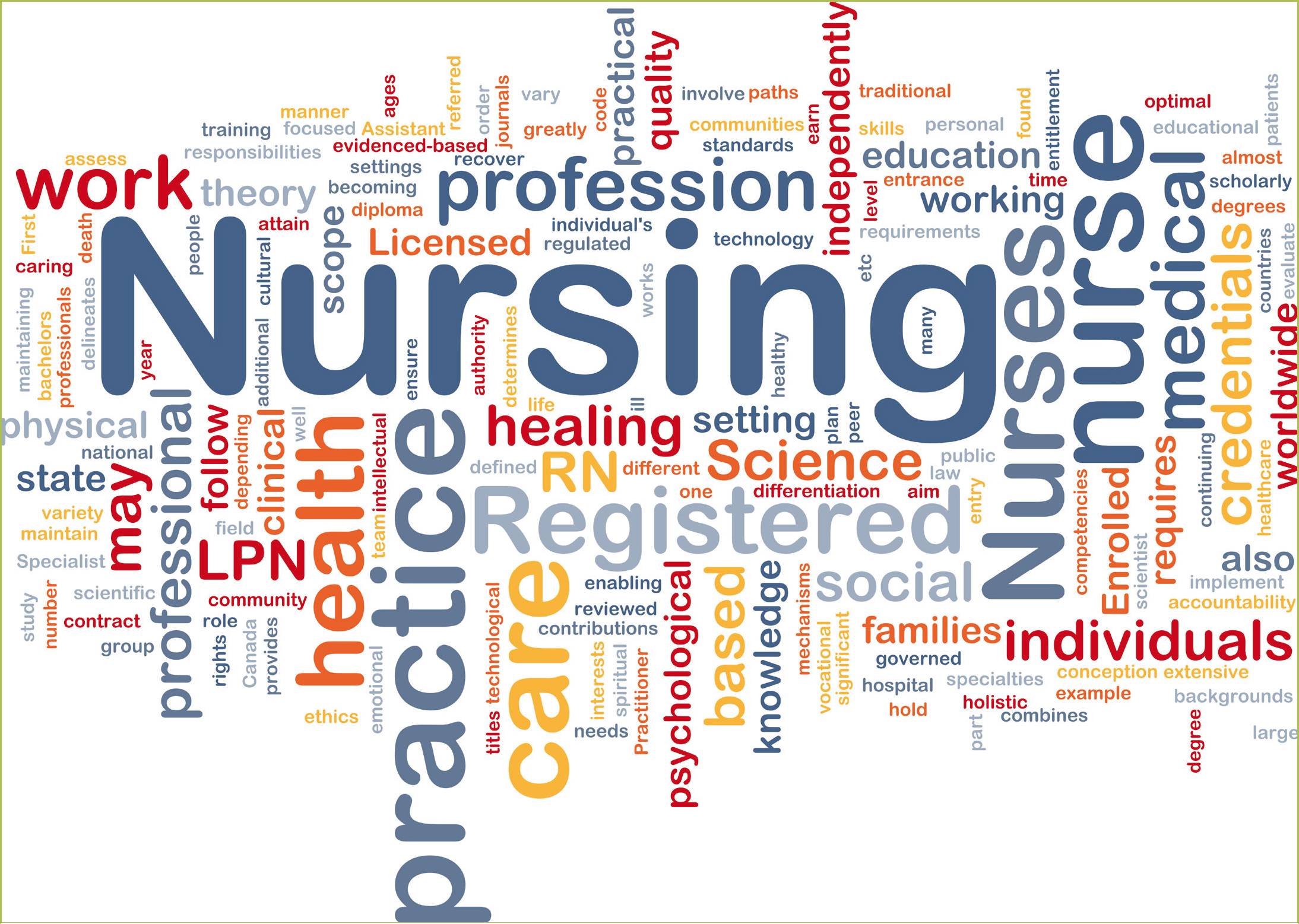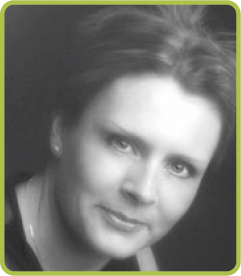
Acareer in aesthetic medicine can be approached from several professions. A multidisciplinary or team approach is often necessary to adequately address an aesthetic need. To perform certain procedures, one may need a dermatologist, plastic surgeon, Ear Nose and Throat surgeon, oculoplastic surgeon, maxillofacial surgeon or cosmetic dentist. However, many procedures are routinely performed by trained medical aestheticians or facial aesthetic-nurse aestheticians. It is said that, ‘the medical aesthetician can perform progressive chemical peels. Medical aesthetics requires specialised training and certification beyond a nurse license/aesthetic license.’
What is a medical aesthetician?
So what exactly is a medical aesthetician and moreover, who and what is the nurse aesthetician? How do we portray ourselves and more importantly how does the public identify with a nurse practising in aesthetics versus other providers? Here the water becomes muddy.
What constitutes a nurse?
Let’s start by exploring the title ‘nurse’. If you look at the dictionary definitions of a nurse, most state that a nurse is a person who has been formally educated and trained to care for the sick or infirm. I would say that this definition needs to be modernised. Now, to become a nurse it requires completing a recognised university training programme, demonstrating graduate skills necessary to engage in a range of therapeutic approaches together with an underpinning knowledge of the evidence-base of nursing and healthcare.

Nursing encompasses autonomous and collaborative care of individuals of all ages, families, groups, and communities, sick or well and in all settings. Nursing includes the promotion of health, prevention of illness, and the care of ill, disabled and dying people. Advocacy, promotion of a safe environment, research, participation in shaping health policy and in patient and health systems management, and education are also key nursing roles (International Council of Nurses, 2002).
The nurse is a person who has completed a programme of basic, generalised nursing education and is authorised by the appropriate regulatory authority to practice nursing in his/her country. Basic nursing education is a formally recognised programme of study providing a broad and sound foundation in the behavioural, life, and nursing sciences for the general practice of nursing, for a leadership role, and for postbasic education for specialty or advanced nursing practice. The nurse is prepared and authorised to engage in the general scope of nursing practice, including the promotion of health, prevention of illness, and care of physically ill, mentally ill, and disabled people of all ages and in all health care and community settings. They carry out health care teaching; participate fully as a member of the health care team; supervise and train nursing and health care auxiliaries; and can also be involved in research.
A practitioner
In contrast, a practitioner is a person who works in a profession or art, especially medicine or law. Both medicine and law are professional vocations requiring many years of study and a license to practice, yet the term practitioner is used by health professionals and lay persons alike. The only group that seems to be really clear on their title are the doctors.
There are now several new and emerging courses, which the level 3 qualified or equivalent therapist can undertake that can lead to a recognised qualification, such as the Aesthetic Practitioner BA(Hons) or the Aesthetic Practitioner fdA (foundation degree). Over a 3-year period, students study a variety of modules including chemical peels, physiology of ageing and non-invasive aesthetic procedures. This is certainly closer to the definition of a medical aesthetician mentioned earlier.
So, here is the question: should the term aesthetician or aesthetic practitioner be reserved for the skincare professional, the therapist, the technician the dental nurse, the suitably qualified individual performing non-invasive non-injectable procedures or treatments and should nurses present themselves as Nursing and Midwifery Council (NMC) registered nurse nonsurgical aesthetic practice?
Whatever your discipline, it is vital that the public has a clear understanding of the provider’s vocation and experience. Is it acceptable to call oneself ‘experienced, advanced, specialist etc’, when it cannot be supported by a body of recognised evidence or qualification in, and this is important the area in which one is practising?
Advanced nurse practitioners are registered nurses who have done extra training and academic qualifications at Masters level and are able to examine, assess, make a diagnosis, treat and prescribe. But all registered nurses are expected to work within the limits of their competence. It is a criminal offence for anyone who, with intent to deceive, causes or permits someone to falsely represent them as being on the NMC register and at present, legal protection for titles in nursing only extends to the title ‘registered nurse’. An amendment to the Health and Social Care Bill of 2021 was called for by the Royal College of Nursing citing that those who use the title ‘nurse’ without following the same behaviours as registered nurses place the public in jeopardy and risk undermining the reputation of the profession, this was rejected by the government because of the impact it would have on other groups such as veterinary, dental or nursery nurses.
There is a licencing scheme on the horizon, but until such a time when any individual must demonstrate their knowledge, qualifications, and insurance to be included on a statutory register let us as nurses lead the way by adhering to our own code which always refers to us as registered nurses or registered professionals prioritising people, preserving safety, promoting professionalism and trust. Use the title proudly educate our patients to differentiate.



